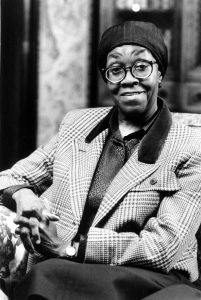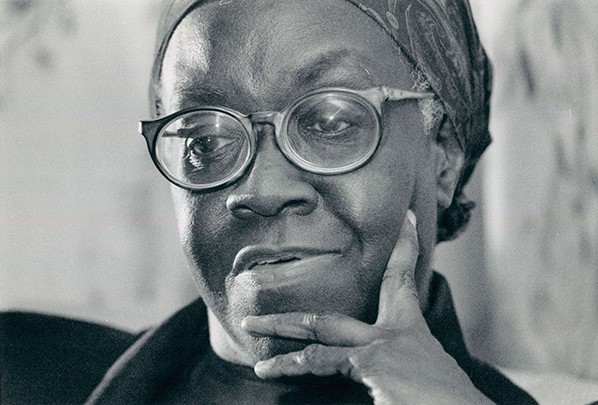
For decades, the poetry of Gwendolyn Brooks roared with the strength of a lioness – capturing the frailty of youth, whispers of the Great Migration, ease of Sunday mornings, spirit of Black life, and anger of jilted progress.
Brooks’ love affair with poetry and the pen began at a young age after her mother prophesied that she would one day be the “Lady Paul Laurence Dunbar.” In 1945, she published her first poetry collection A Street in Bronzeville, an ode to the Black life in the Windy City. Her second collection of poetry, 1949’s Annie Allen, won the 1950 Pulitzer Prize for Poetry, the first Black person to win a Pulitzer.
Born in Topeka, Kansas, Brooks was the eldest of three children. As an infant, her family joined millions of others in the Great Migration, relocating to Chicago and giving Brooks her poet’s voices. “I am an organic Chicagoan,” she once remarked. “Living there has given me a multiplicity of characters to aspire for. I hope to live there the rest of my days. That’s my headquarters.”
A storied career with many honors, Brooks was appointed Poet Laureate of Illinois in 1968, named Poet Laureate Consultant in Poetry to the Library of Congress for the 1985-86 term, and became the first Black woman to be inducted into the American Academy of Arts and Letters.
POEMS
WHEN YOU HAVE FORGOTTEN SUNDAY
And how you swore, if somebody beeped the bell, And how my heart played hopscotch if the telephone rang;





